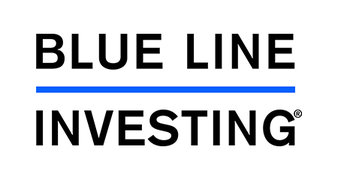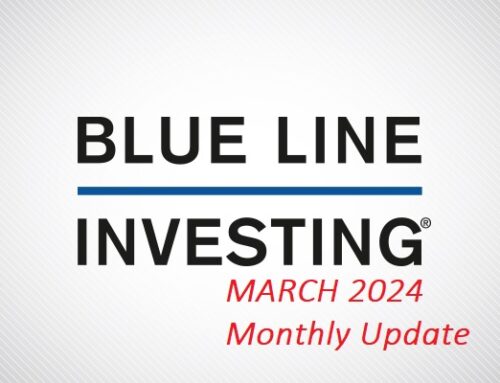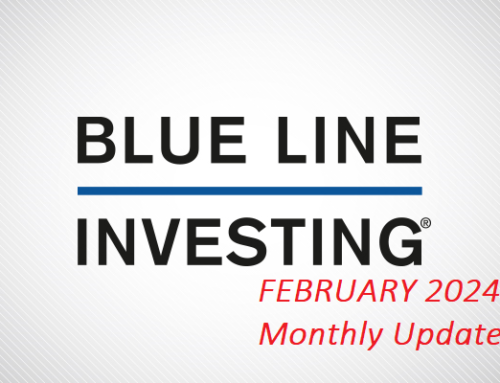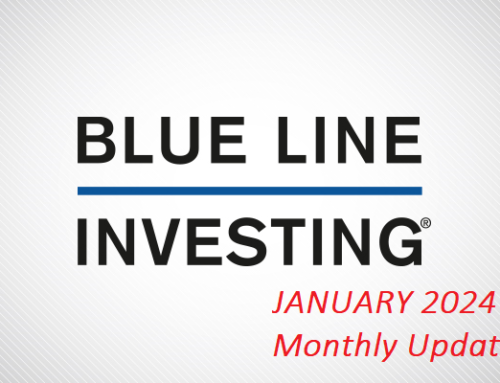
With continued uncertainty and volatility in the stock market, I thought it timely to revisit a concept that may help many investors, especially at this time: cash is an asset class. If you are an employee of a large company or other institution, you may recall that besides stock and bond mutual funds that are available for investment within your company retirement plan, there is usually a third option that is often overlooked – a money market fund (sometimes called “cash” or a “cash equivalent”). The question for today is, “how many investors actually consider using a money market fund, or other cash equivalent, either inside or outside their retirement plans, ever?” For the past 20 years my experience has been many investors fail to use this asset class, and sometimes to their own financial detriment. Let’s revisit two very simple, yet crucial, investment concepts to keep in mind.
First, sometimes it is more important to get the return OF your money, rather than a return ON your money. Remember, stock markets rise and fall. One thing I learned from the late Richard Russell, Author of Dow Theory Letters, was when the primary trend of the stock market turns negative, the resulting decline usually retraces one-third to two-thirds of the previous stock market advance. During such circumstances, investors could do themselves a great service if they have a process to move a portion, or even all of their stock investments into cash or cash equivalents, before the selloff, as a strategic, short-term investment move. Even if the interest return on the cash equivalents in the short-term is close to zero, it might be preferable to the loss OF your money.
Second, if someone considers themselves a “long-term” investor, is it written anywhere that they should remain fully invested in the stock market at all times? For an investor who does, how can they take advantage of periods when stock markets decline and go “on sale” without having to add more money to their accounts, or do some rebalancing? As a case in point, consider Warren Buffett, one of the world’s most successful investors. Does he keep all of his money invested at all times? Or does he hold on to cash as it accumulates, patiently waiting for opportunities when stock prices decline to provide him a better, long-term buying opportunity?
Remember, cash is an asset class and exists for a reason. I believe it is important to realize that no matter what an investor’s age, their time horizon, or what they consider their “risk tolerance,” the one constant to all investors, at all times, is the stock market. When the stock market provides warning of potential future loss, do investors choose to listen and make proactive changes to their strategy? Or do they ignore the warnings, and hope things work out for the best? That reminds me, another topic for another day may be “Hope is not a strategy.”
Disclosures:
Advisory services offered through Gordon Asset Management, LLC (GAM). GAM is an SEC-registered investment adviser. More information about the advisor, its investment strategies and objectives, is included in the firm’s Form ADV Part 2, which can be obtained, at no charge, by calling (866) 216-1920. Registration does not imply a certain level of skill or training. The principle office of Gordon Asset Management, LLC is located at 1007 Slater Road, Suite 200, Durham, North Carolina, 27703. Past performance is not indicative of future results. This material is not financial advice or an offer to sell any product. The information contained herein should not be construed a recommendation to purchase or sell any particular security. This information is intended for educational purposes only.




